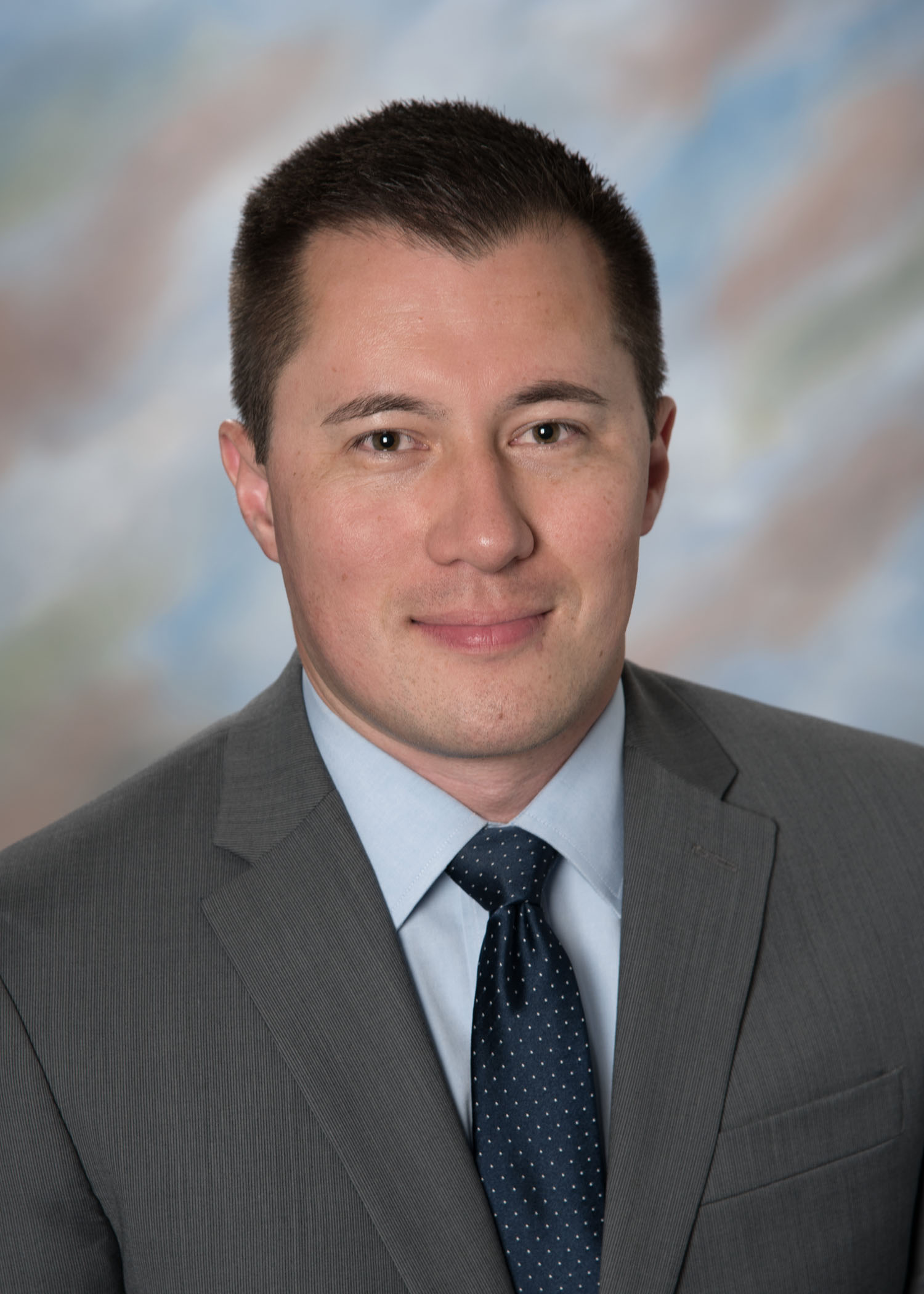Advanced Surgical Treatment for Obstructive Sleep Apnea

Advanced Surgical Treatment for Obstructive Sleep Apnea
We all depend on a restful night’s sleep every night as a part of our health and wellness plan. If you or a loved one is having issues with getting restful sleep, you may be suffering from obstructive sleep apnea (OSA). Obstructive sleep apnea is a common disorder which is characterized by interruptions in airflow while breathing at night. This often occurs due to narrowing in the upper airway, resulting in full or partial cessation of airflow for 10 seconds or more at a time. This can occur frequently throughout the night, and these frequent pauses will result in lower levels of oxygen in the blood. Patients may snore, experience nighttime awakenings, and fragmented sleep patterns resulting in chronic daytime fatigue and excessive daytime sleepiness. This often results in a decreased quality of life. In addition, untreated sleep apnea is associated with many other health conditions including mood disorders, hypertension, diabetes, cardiovascular disease, and stroke.
If you have signs or symptoms of sleep apnea, TriHealth offers a team of physicians who can assess your symptoms, establish a diagnosis, and develop a treatment plan to help improve your quality of sleep. We offer integrated care between our Sleep Medicine and Ear, Nose and Throat physicians to offer both non-surgical and surgical management strategies. Initial non-surgical options may include weight management, positional therapy, oral appliances, and continuous positive airway pressure (CPAP) therapy.
For those patients who are unable to adequately treat their sleep apnea with more conservative measures, a variety of surgical options may be offered to help with the management of obstructive sleep apnea.
- Nasal surgery may be utilized to relieve chronic nasal obstruction, which can affect tolerance of CPAP and overall quality of life.
- Throat surgery can sometimes be used to remove excessive tissue and reposition structures to help increase the diameter of the narrowest portions of the airway. This may include surgery on the tonsils, soft palate, base of tongue, or hyoid bone.
- Hypoglossal nerve stimulation therapy (Inspire) is a new technique that has had a lot of success in certain patients. This involves implantation of a device that stimulates a nerve that controls your tongue. By selectively stimulating this nerve when you are breathing at night, we can open some of the narrowest portions of the airway that often result in obstruction and snoring. Click here for more information on Inspire.
Our Team
Many of our otolaryngologists here at TriHealth treat patients with Obstructive Sleep Apnea by performing some of the surgical procedures described here. We have some with interest and expertise in many of these techniques, and are listed below.
| Physicians |
|---|

Brian Hendricks, MDBrian Hendricks is a board certified otolaryngologist who treats patients of all ages for a wide variety of disorders, including advanced surgical options for the management of obstructive sleep apnea. He has expertise in various nasal, throat, and neck surgeries that can dramatically improve quality of life for those with sleep disorders related to obstructive breathing patterns. He also has advanced training and experience with hypoglossal nerve stimulator implantation for the treatment of obstructive sleep apnea. He completed his training at the University of Cincinnati. He enjoys golf, photography, travel, and enjoying local restaurants and shows with his wife and two kids. |